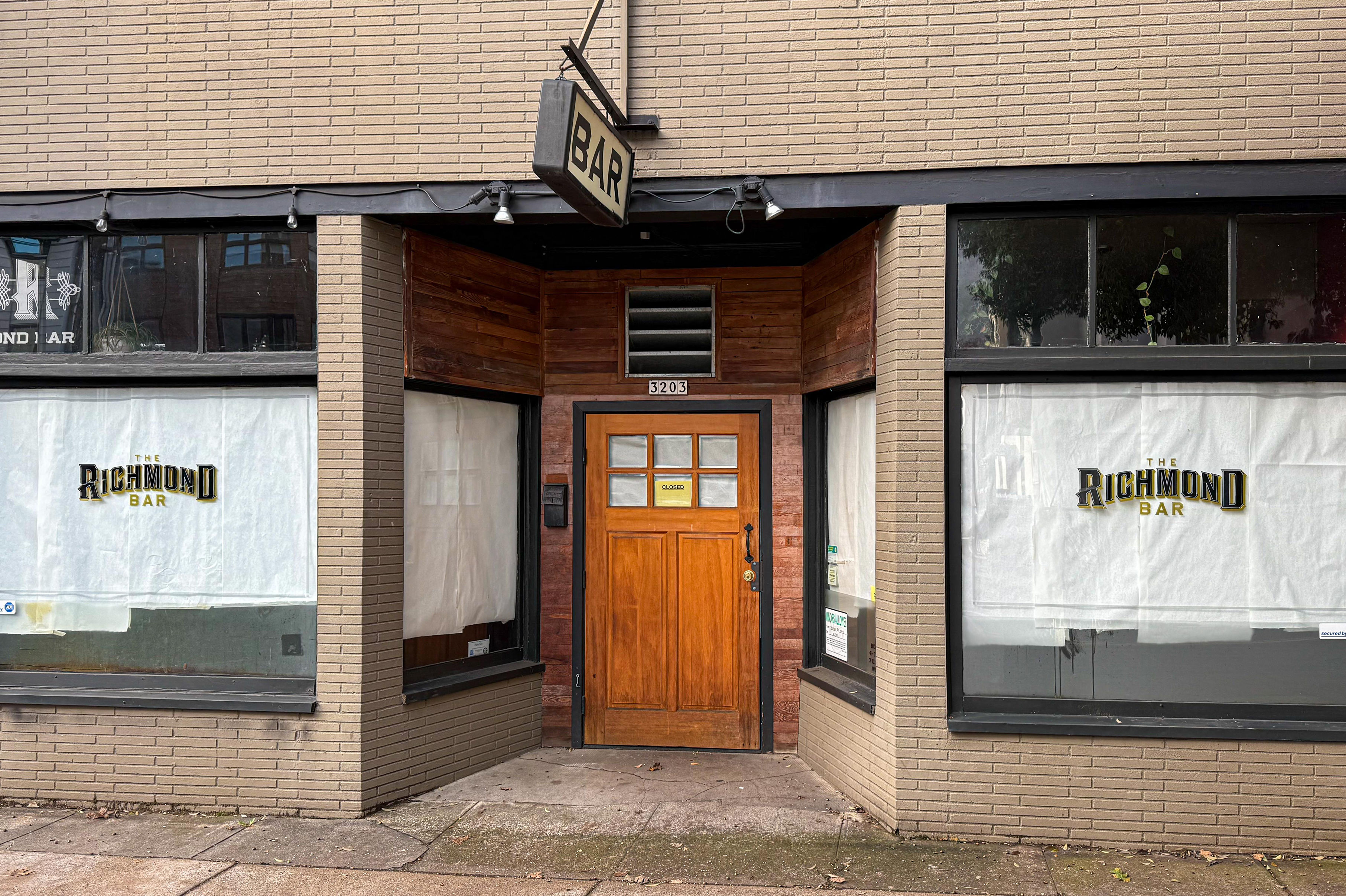5 Unsettling Lessons from Vice’s Guide to Surviving the Big One

Image: Gustavo Torres
In a riveting 5-part series, the Vice channel Motherboard outlined Portland writer Adam Rothstein’s (yes, he’s one of us) fictional account of surviving “the Big One,” referring to the forecasted Cascadia Subduction Zone earthquake.
Not much good will come from this catastrophic earthquake, obviously. (Scientists believe could be of a magnitude of 9.3 Mw, a record in our nation’s history.) But in search of a silver lining, we shook out five lessons worth considering before doomsday hits.
1. You will see Tillikum Crossing differently.
According to Rothstein, almost every bridge in our city will end up in flames and rubble, except for Tillikum Crossing. This is not too surprising considering the bridge was “constructed to the highest seismic standard necessary for a CSZ quake.” The Tillikum Bridge will become east and west siders' only link, replacing Voodoo Doughnuts.
2. Avoid the bungalow.
Advice for homeowners or renters today: find a place that was built after 1994. As it turns out, you are much more likely to have a home to return to (or hide out in) during or after the evacuation. Bungalows are likely to be tossed on their respective streets like a mixed salad.
3. Move to Southeast.
If you’re not already a Southeast enthusiast, this quadrant of our city has a key advantage in the event of a major earthquake, at least according to Rothstein: “more stable soil farther from the rivers.” This should save Southeast dwellers more of their structures, in contrast with other parts of the city.
4. If we're lucky, the earthquake will happen during the summer or the fall.
Rothstein’s article is a worst-case scenario for people who like fresh produce: the earthquake hits us in April. There should be fresher things to munch on if the earthquake occurs during the summer or fall when more fruits and veggies are in season.
5. Airbnb could do us a solid.
In 2014, the company (which has offices in Portland) signed a Memorandum of Understanding with the city of Portland, which essentially says that they are willing to offer vacated temporary housing in the case of an emergency. Hooray for the sharing economy, we guess!




